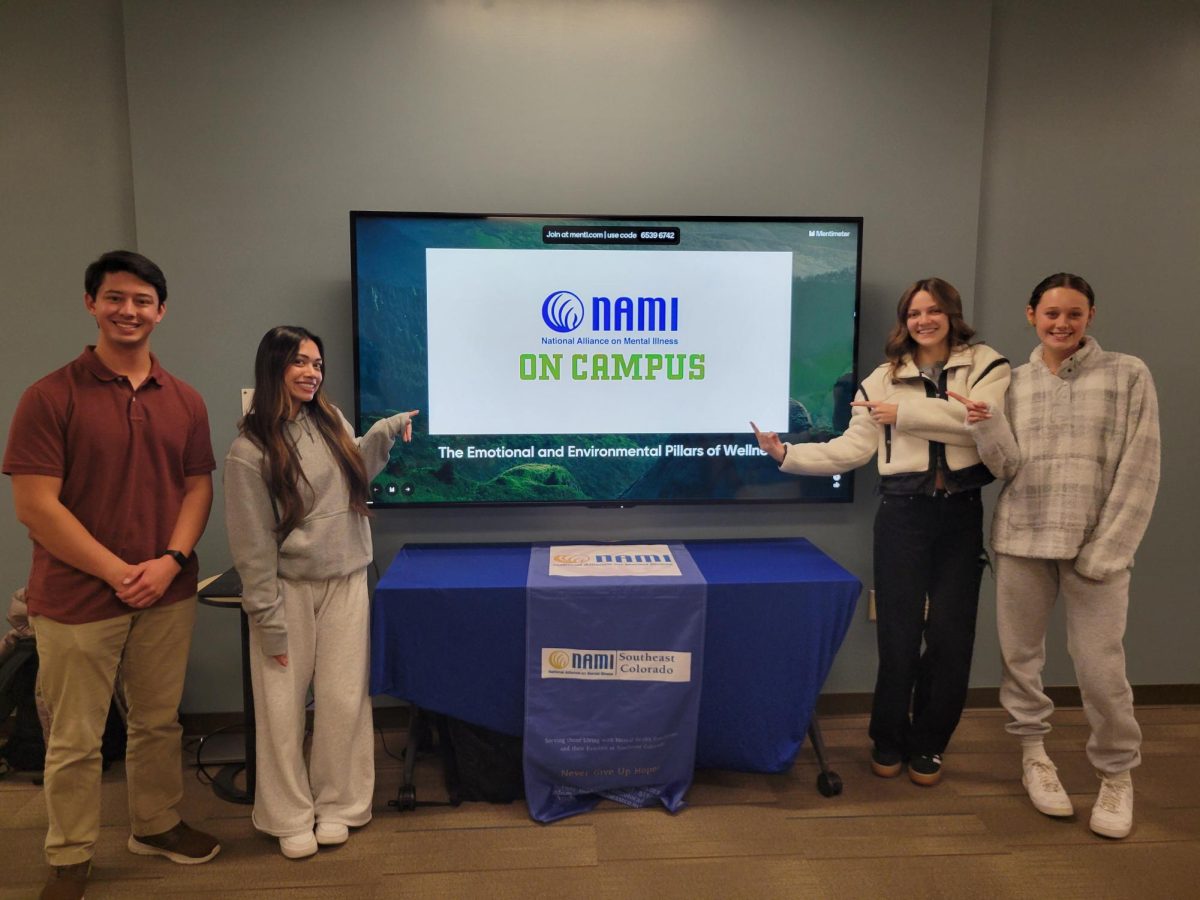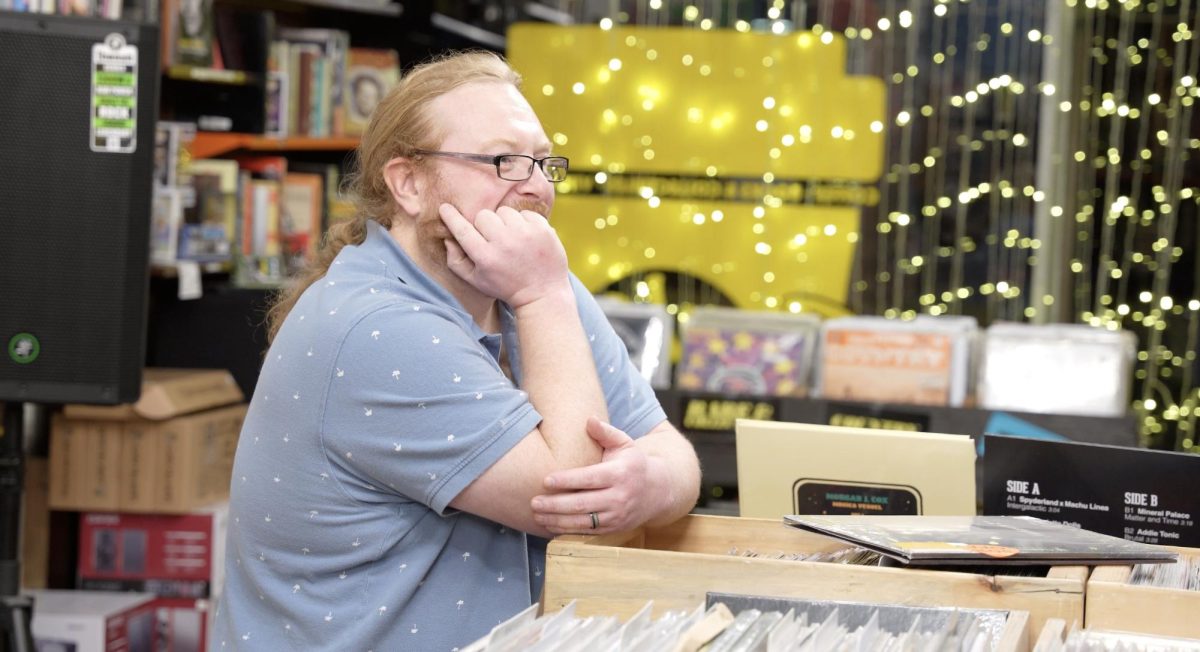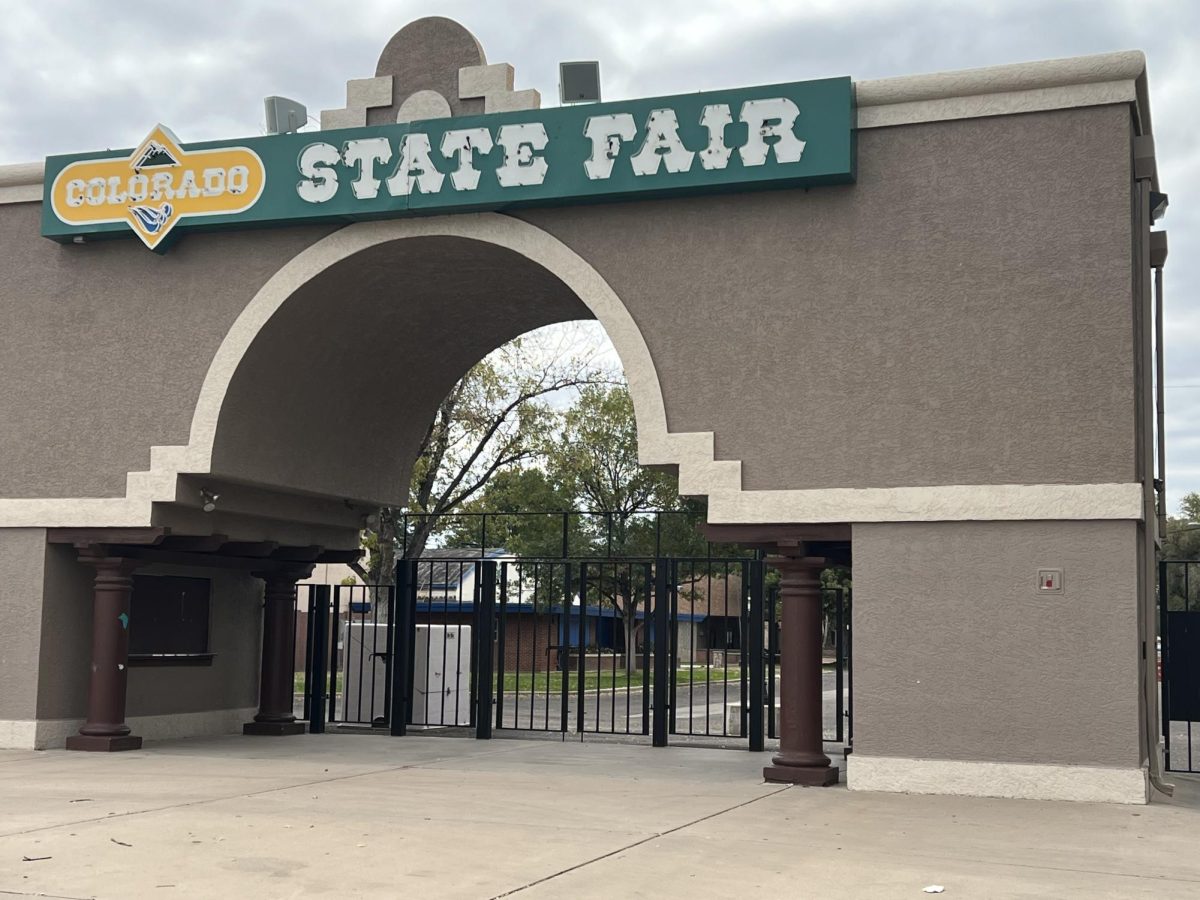In response to several recent, high-profile campus shootings in the U.S., CSU-Pueblo is forming a campus consultation working group to help identify individuals who may pose a threat to campus safety and keep the campus as safe as possible.
In a letter from Provost Russ Meyer to CSU-Pueblo faculty and staff regarding the group, Meyer said, “The mission for this group is to help insure that CSU-Pueblo is as safe as an open campus in a free society can be.”
The new group will be composed of faculty and staff who have backgrounds dealing with similar issues. Members will be people around campus who have frequent contact with students.
The group will be contacted if a student is deemed at risk of harming themself or others. The working group will also respond to other information about any potential risks.
Generally reports will go to Fred Stultz, the director of the student counseling center.
The working group will be campus wide; it was put in place to benefit not only students, but to benefit every person who steps foot on the CSU-Pueblo campus.
“We’re not just talking about students, we are also talking about faculty and staff,” Stultz said
The leaders of this group are CSU-Pueblo President Joe Garcia and Provost Russ Meyer.
The letter from Meyer also stated that “the intent of these actions is to safeguard the rights and confidentiality of all individuals, help those in need of support or help, and keep the campus community safe.”
The group is aimed at preventing significant problems and it will operate in several different ways depending on the situation.
To report a potential risk, members of the campus community can consult a member of the working group or fill out a “person of concern” form, which will soon be on the CSU-Pueblo Web site.
If a member of the working group is contacted, that staff member will contact other members of the group to evaluate the level of concern. This will be followed with appropriate action or referral.
If a significantly serious threat is reported, more action will follow. The potential risk can be referred to the Student Counseling Center, Student Judicial Officer or the Security and Law Enforcement Office.
If a student or community member chooses to follow the report online, they will complete a minor form to describe their incident. This form includes name, address (if known), phone number (if known), date, time, location, nature of the incident and how the case was resolved.
Other questions profile the people involved in the incident, deciding whether or not it was the first time something like this has happened, the causes of the problem and if campus security was involved.
The originator of the report must enter a name and phone number or can choose to remain anonymous. They can also choose to meet with a member of the working group.
Reasons to file an online report on a person would include: if that person is harmful to themselves or others, displays suicidal behaviors and gestures, has alcohol or drug problems, exhibits patterns of bizarre behaviors or actions, requires hospitalization for psychiatric problems or causes disruptions to the living or learning community.
Another team, called the critical incident team, will be an ad hoc group. This team will include members of the main working group as well as others who can provide additional and more detailed input. The group will meet on a regular basis and discuss situations, then decide the appropriate measures to handle the problems.
Different types of incidents will have different repercussions.
Lenisa Williams, the campus conduct officer, will be in charge of major affairs and will decide what sanctions will be used in each situation.
If a law is broken the sheriff will be contacted.
Sexual harassment cases will be reported to human resources as well as to Williams and the sheriff.
Sexual harassment victims will also be helped by the campus health center.
CSU-Pueblo is not the first campus to input such a system.
Since the Columbine shooting in 1999, many high schools have implemented systems which allow students to report potential harms around campus.
Since the Virginia Tech Shootings, more college systems have been popping up around the nation.
How the group will advertise to students and faculty is still one of the biggest questions.
“We’re thinking about maybe using fliers and also having the first-year experience program inform incoming freshman about our programs,” Stultz said. “We’re also open to any student ideas on how to improve it. Suggestions are greatly welcome and needed.”
For more information, questions or concerns on the working group, or to suggest ideas on how to get the word out, contact Stultz at 549-2479.







